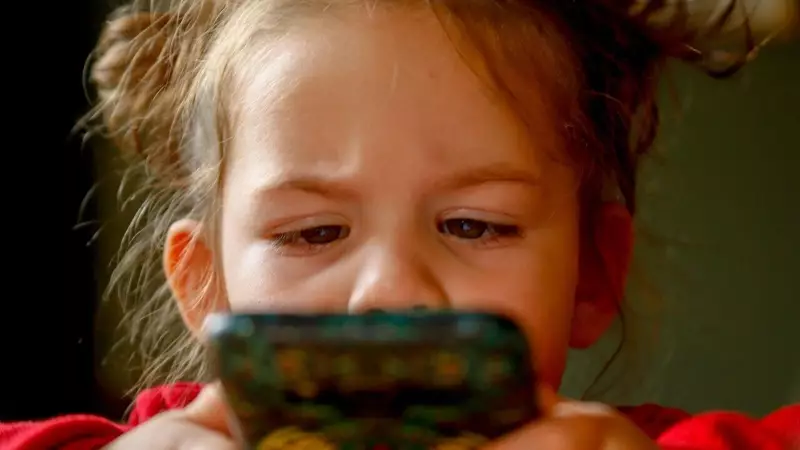
A routine late-night phone call took an unexpected turn for Haryana's Director General of Police (DGP) Shatrujeet Kapur, leading to an important public message about children's screen time that's now resonating with parents across India.
The Midnight Conversation That Changed Everything
It was well past bedtime when DGP Kapur received a call from a young child who should have been fast asleep. Instead, the child was actively using a smartphone, sparking concern in the state's top police official about the growing trend of unlimited screen access among young children.
From Personal Experience to Public Advisory
Rather than keeping the incident private, DGP Kapur transformed his concern into a valuable learning opportunity for parents everywhere. He took to social media to share his experience and emphasize the importance of setting digital boundaries for children.
"Let kids grow with healthy habits and hobbies," Kapur urged parents, highlighting how excessive screen time can interfere with crucial childhood development activities and sleep patterns.
Why This Warning Matters Now More Than Ever
In today's digital age, where smartphones have become constant companions, the DGP's message comes as a timely reminder about:
- The importance of monitoring children's device usage
- Setting clear time limits for screen activities
- Ensuring digital devices don't replace physical play and social interaction
- Protecting children's sleep schedules from technology interference
A Police Officer's Unusual But Vital Parenting Advice
While crime prevention and public safety remain his primary responsibilities, DGP Kapur's decision to address this modern parenting challenge demonstrates how child welfare extends beyond traditional law enforcement domains. His intervention highlights how technology habits formed in childhood can have long-term consequences on mental and physical health.
The incident serves as a wake-up call for parents to be more vigilant about their children's digital consumption and prioritize real-world experiences over virtual entertainment, especially during crucial developmental years.






